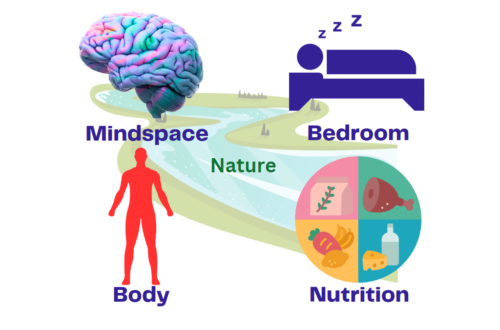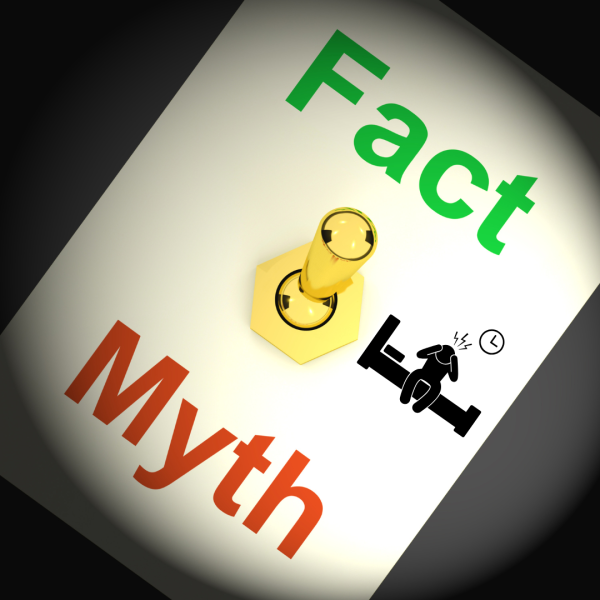
Sleep Myths
Busting Sleep Hygiene Myths, Part 1
If you’ve looked around for quick sleep solutions to your persistent insomnia, there’s no doubt you’ve run across dozens of the same sleep hygiene tips that are supposed to ultimately help you sleep.
And in the same breath, you’ve probably tried a few that simply didn’t work for you.
As a certified sleep science coach that overcame insomnia, sleep anxiety and sleep paralysis (if you don’t know what that is, you don’t want it, I promise!), I have learned and experienced one problem with most of these sleep hygiene tips:
Some of the “don’t do’s” you CAN DO and still sleep well.
In fact, these three myths I regularly break and I consistently sleep well every night and I wake up with no alarm clock.
So if you’re struggling with the shame of not adhering to some sleep hygiene rules, I’m here to free it from you!
Myth 1: You need eight hours of sleep every night for full, restorative sleep.
Eight hours is optimal, but you don’t NEED eight hours to get restorative sleep. You can get anywhere from six to eight hours of restorative sleep unaided and get all the benefits of a boosted immune system, sharper memory, and even fat loss! So long as those hours include at least three full sleep cycles of light, deep and REM sleep, you’ll be ok. I’m a certified sleep science coach that gets 6.5 hours every night and I’ve never slept better.
Myth 2: You need complete darkness for optimal sleep.
Complete darkness can help. Complete light does NOT help. But you can sleep well with just a little bit of light.
Consider the B.C. era when there was no electricity or even lamps. If you slept outside in “complete darkness”, you still had natural moonlight and starlight.
The problem with this hygiene tip is that people with a genuine fear of the dark tend to have too much light on at bedtime and have to fight that fear along with insomnia.
However, you can sleep with a little light and be ok. Your eyes eventually adjust, but light no brighter than a candlelight is enough to for safe travels to your bathroom door and give visibility to the rest of your room without wrecking your sleep cycles.
Myth 3: Don’t watch screens an hour before bed.
The concern is that the light in your eyes will delay melatonin release. This is true…but the delay isn’t more than 10 minutes.
The problem is not the screen, it’s the content. Arguing with people on social media, watching a new comedy, or trying to fire off that last email can certainly keep you up and impact your sleep.
If you feel screen addicted at bedtime, one quick solution is to put it out of hand’s reach, but put on a podcast or a relaxing nature video that lasts no more than 30 minutes. If they are longer, set an auto shut off timer.
There are other myths and hard truths to sleep hygiene practices out there, but hopefully you’re feeling less shameful about these three.
Here’s to the sleep you deserve,
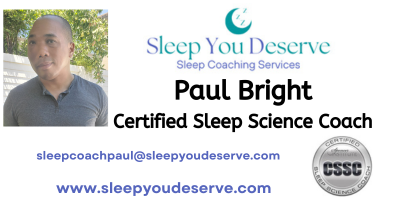
You May Also Like
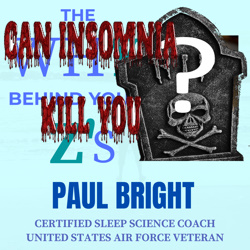
The Why Behind Your Z’s Podcast Episode 7- Can You Die From Insomnia?
September 14, 2023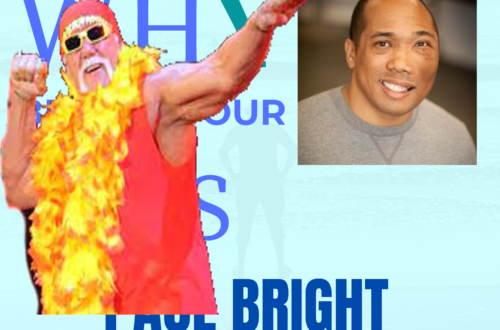
Why Behind Your Z’s Podcast Episode 3- Hulking Up On Vitamin D
August 17, 2023